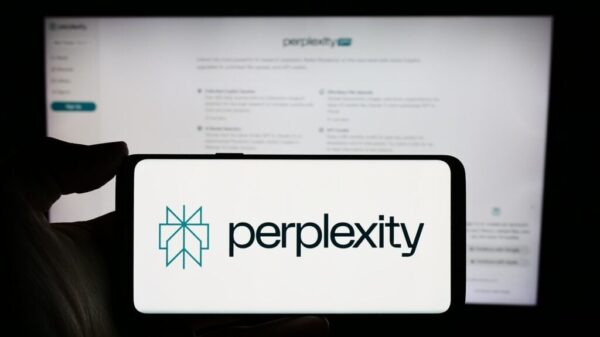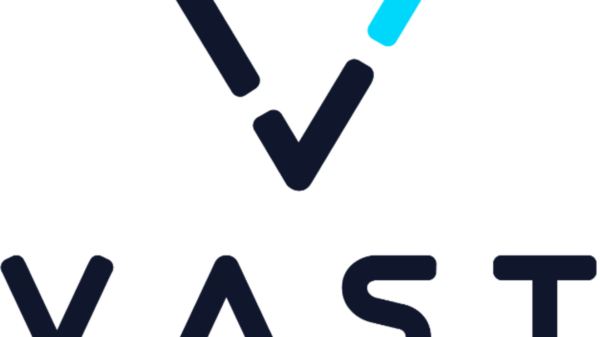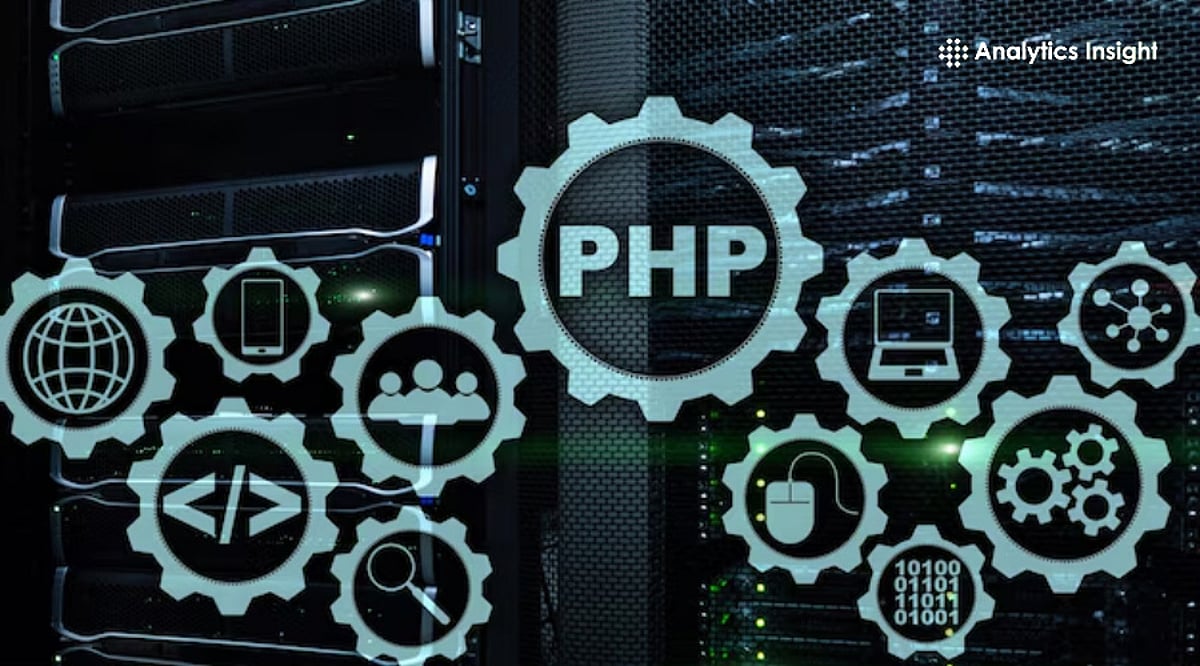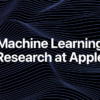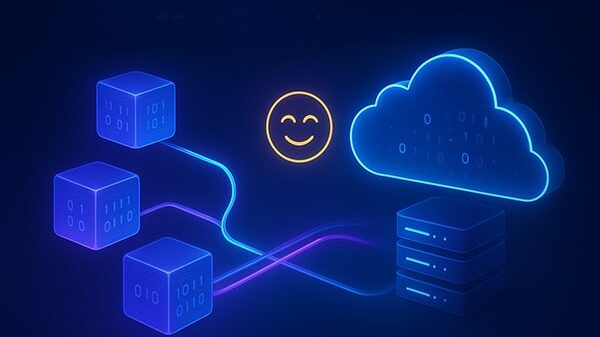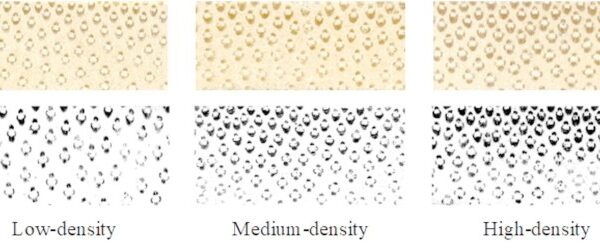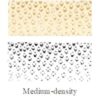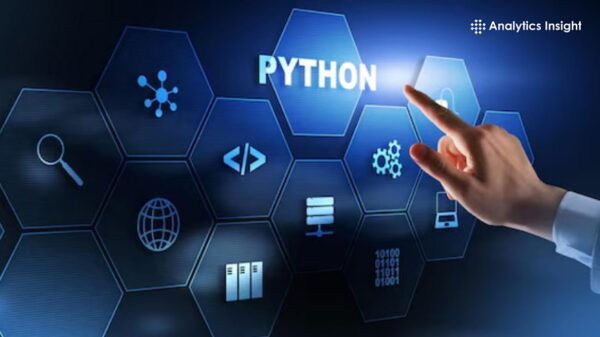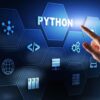As the demand for machine learning (ML) capabilities increases, PHP developers are exploring various frameworks to integrate these advanced functionalities into their applications. In 2025, two native options stand out for PHP developers: Rubix ML and PHP-ML. These tools enable developers to harness the power of machine learning without needing to rely heavily on Python, which has been a dominant language for ML development.
Key Features
Rubix ML is designed for ease of use, allowing developers to implement machine learning models efficiently. This framework supports various tasks such as classification, recommendations, and anomaly detection, making it suitable for a wide range of production applications. PHP-ML also offers similar functionalities, catering to developers who prefer a native PHP solution.
For larger models and deep learning tasks, PHP applications can still utilize popular frameworks like TensorFlow, PyTorch, and ONNX, which are often integrated through APIs or microservices. This flexibility allows PHP applications to connect to large language models (LLMs) easily, utilizing dedicated SDKs or vector databases.
How the Tool Works
Both Rubix ML and PHP-ML allow PHP developers to run machine learning models directly within their applications. Smaller models can be executed natively, providing an efficient way to integrate ML functionality. However, for more demanding deep learning tasks, developers are encouraged to offload the processing to dedicated external inference servers. This approach not only optimizes performance but also ensures that PHP applications remain responsive even under heavy ML workloads.
When working with LLMs, PHP applications typically interact with APIs that facilitate access to these powerful models. This method allows developers to leverage cutting-edge AI capabilities without needing to switch to Python-based environments, streamlining the development process.
Use Cases and Who It’s For
Rubix ML is particularly beneficial for organizations that require stable and actively maintained solutions for real-world tasks. Its applications include not only traditional machine learning tasks like classification and recommendations but also more complex use cases such as anomaly detection. These capabilities make it suitable for sectors ranging from e-commerce to finance, where accurate predictions and insights can significantly impact decision-making.
Developers looking to integrate machine learning into their PHP applications without delving into Python can take advantage of both Rubix ML and PHP-ML. These tools cater to a wide range of users, from startups aiming to implement ML features quickly to established enterprises looking to enhance their existing systems with advanced analytics.
Limitations or Risks
While Rubix ML and PHP-ML provide strong capabilities for simpler models, there are limitations when it comes to handling heavy ML workloads. It is recommended that developers offload more demanding tasks to external services to maintain application performance. Additionally, while PHP frameworks can handle smaller models natively, they may not offer the same level of performance and scalability compared to Python-based counterparts when it comes to deep learning.
See also Mate Health Launches MateIQ AI Tool to Simplify At-Home Semen Analysis for Men
Mate Health Launches MateIQ AI Tool to Simplify At-Home Semen Analysis for Men Palo Secures $3.8 Million to Enhance Creator Workflows with AI-Powered Insights
Palo Secures $3.8 Million to Enhance Creator Workflows with AI-Powered Insights 95% of Enterprises See No AI ROI: Key Strategies for Responsible Integration
95% of Enterprises See No AI ROI: Key Strategies for Responsible Integration Penn State Researchers Launch NaviSense, AI Tool Enhancing Real-Time Object Recognition for the Visually Impaired
Penn State Researchers Launch NaviSense, AI Tool Enhancing Real-Time Object Recognition for the Visually Impaired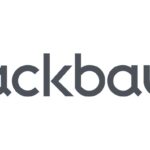 Blackbaud Unveils AI Innovations and Intelligent Workflows in Latest Product Update
Blackbaud Unveils AI Innovations and Intelligent Workflows in Latest Product Update









